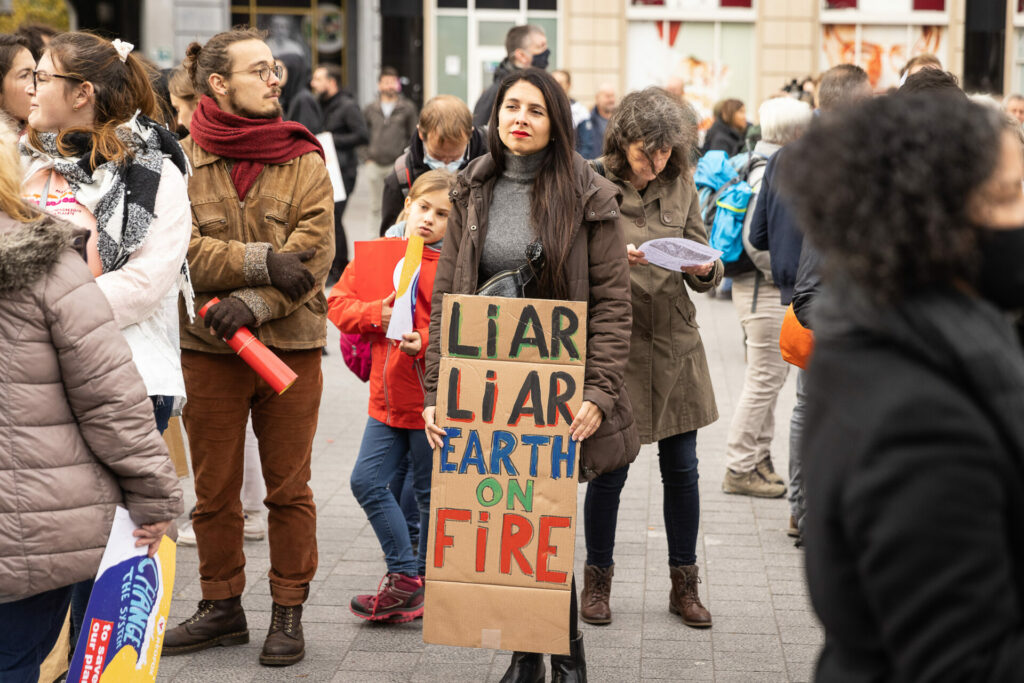After a long struggle and inter-regional disagreements, Belgium has submitted its National Climate and Energy Plan to Europe after reaching an agreement on Wednesday. However, tensions are not resolved.
One week before the COP28 climate conference is due to begin in Dubai, and with pressure from the European Commission, the Consultative Committee finally agreed to submit the National Energy and Climate Plan, Brussels Environment Minister Alain Maron and his Flemish counterpart Zuhal Demir announced.
"Recognition of the -47% greenhouse gas emissions target, financial responsibility if targets are not met and investment in a sustainable transition: crucial advances for the future," Maron stated on X, formerly Twitter.
Solid delay
The country was supposed to submit its updated energy and climate plan by mid-2023 due to differences between the regions regarding the goals that were being set, but even postponing it until October did not help iron these out.
In the plan, Belgium had to list the measures it is taking to reduce carbon emissions. The EU demands a 47% reduction by 2030 from the country compared to 2005, but Flanders was reluctant to reduce its emissions any further than 40%. The Federal, Walloon and Brussels Governments did however aim for the 47% target.
Maron, who is also chair of the consultation between the Flemish, Walloon, Brussels and Federal climate ministers, refused to submit the plan until the Flemish Government came up with additional measures and/or euros to make up for the lower target, as this lower target would only bring the total Belgian figure to just 42.6%.
Large costs attached to failure to meet targets
If Belgium fails to meet the European target of 47%, the European Commission could take legal action. Belgium could also risk a costly 'climate fine' in the long run. The 'over-emitted' CO₂ would then have to be offset by buying emission rights, and the bill for this would likely amount to over a billion euros – a cost likely to be divided between the regions.
Despite these qualms, the final result of the discussions on Wednesday is still the compilation of all governments' plans, as it was already prepared.
While the Consultative Committee noted the European target of 47%, for which each entity will share some of the overall responsibility, Demir does not intend to raise its own target of -40%. She suggested that the plan be submitted while respecting the competence of each entity.
Related News
- Are these days wetter than ever? Heavy rainfall a long-term concern in Belgium
- EU disapproves of Belgium's budget plans for showing 'limited progress'
Demir asked that each entity's plan be combined and include Belgium reporting that measures for the remaining emission space would be determined later, without assigning it to any of the entities at present. The Consultative Committee gave that proposal the green light on Wednesday after a long discussion.
This does mean the responsibility will be passed onto the next governments to agree on a mechanism of 'co-responsibility' to close this 4.5% gap.

